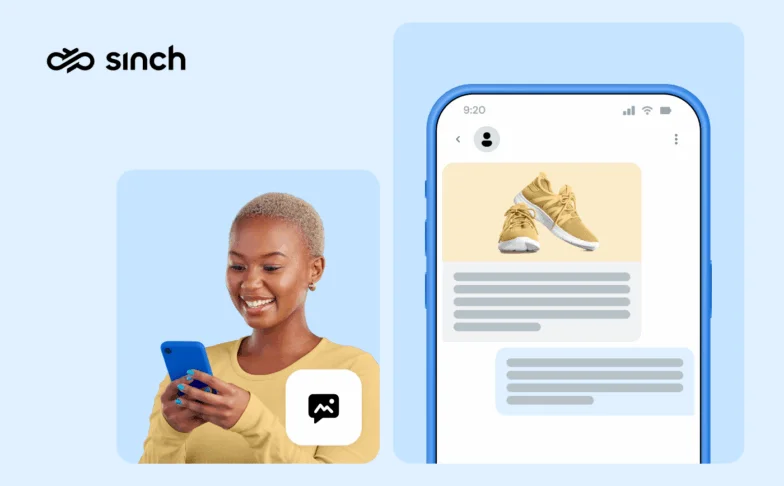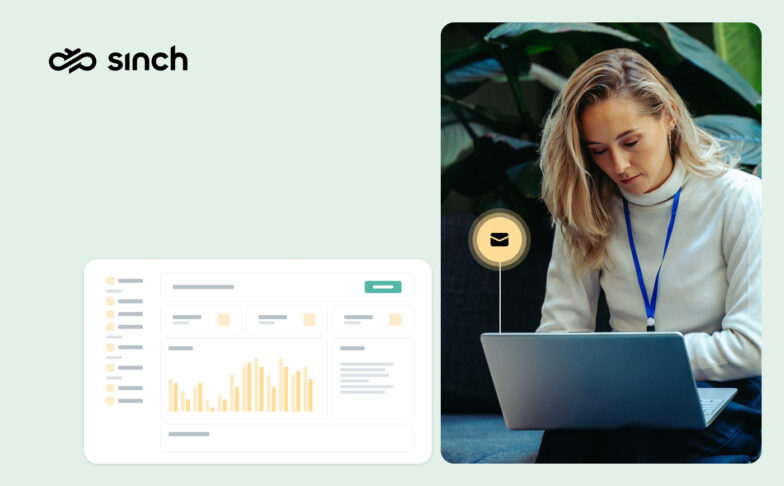Products
Selecting a CPaaS provider

With enterprise spend on CPaaS expected to quadruple to $6.7bn by 2022, many communications providers are rapidly trying to reposition themselves as CPaaS companies, to try to take advantage of this booming market.
However, the market for true CPaaS providers is actually fairly small. This is because there are only a handful of companies with the infrastructure and direct mobile operator connections needed to deliver CPaaS globally.
Instead, many companies are attempting to operate CPaaS through a myriad of third-party SLAs (Service Level Agreements) and technology partnerships. But for multinational brands and businesses that demand the most reliable and secure solutions, this quasi-CPaaS approach is problematic.
Choosing the right CPaaS provider can have a major bearing on a business’s ability to scale, remain agile and stay ahead of the innovation curve, so making the right decision is business critical.
Here’s six questions every enterprise should be asking in that process:
- Does it offer enterprise-grade capabilities?
It is important to ascertain whether the CPaaS provider owns and operates its own infrastructure, or is simply leveraging third party networks and data-centres. The former will typically seek to guarantee its platform and services with SLAs (Service Level Agreements), which commit to reliability, voice and video quality, response times and delivery benchmarks in writing.
- Does it offer a flexible cost structure?
While CPaaS allows enterprises to reduce capex burdens, costs should be offered as an array of pricing structures and tariffs, allowing choice and flexibility based on requirements. For example, some CPaaS providers offer only flat-rate pricing, and don’t discount according to higher volumes of messages. At the same time, there should be flexibility for smaller enterprises so that they only pay for the resources that they use.
- Is the platform scalable?
While smaller enterprises might not require rapid scalability, larger companies may very well attain a high number of customers in a relatively short space of time, meaning that the CPaaS offering will need to scale to meet those requirements.
- Does it offer direct Tier 1 connectivity?
To ensure timely delivery of A2P messaging traffic, direct connectivity is essential. Some providers still lack the capability, or inclination, to seek direct connectivity to the SS7 network. However, these providers often have significantly lower completion (delivery) rates than their competitors, while their more protracted delivery process (more network ‘hops’) means that latency is often insufficient to fulfil time-critical messaging. Furthermore, more than 1 in 3 users will request a repeat message if the first one is not delivered within 11 seconds, resulting in escalating messaging costs to the business.
- Does it facilitate IoT (Internet of Things) device connectivity?
We are living in a world where the number of connected devices is soaring; by 2020, it will have increased to nearly 40 billion, or more than 5 per person on the planet. The variety of such devices has sky rocketed, encompassing not just PCs, tablets, laptops and mobile phones, but new segments including smart meters, smart grids, wearables, TVs, vehicles, appliances, industrial machinery and robotics. Many enterprises will in turn require a CPaaS option that is capable of managing the complexity of multiple MNO (Mobile Network Operator) relationships and charging models across a wide variety of connected devices.
- Does it provide the data you need?
Enterprises increasingly seek to utilize the reams of data that result from consumer, employee and asset interactions for a variety of purposes; e.g., to optimize workflow, reduce inefficiencies, tailor offerings to customers, or plan for peak usage. For this, they require a CPaaS offering with a number of analytics features that allow full visibility to the accumulated usage data and the tools to assess its implications for the business.
Conclusion
It’s clear from working through these questions that not all CPaaS providers are created equal. However, CLX’s CPaaS solution answers all the above queries with flying colours, which is why we’re the CPaaS solution of choice for brands such as travel ecommerce company Booking.com and social platform Canvazone.
To find out more about how CLX CPaaS solution can benefit your business, contact us by clicking here.



